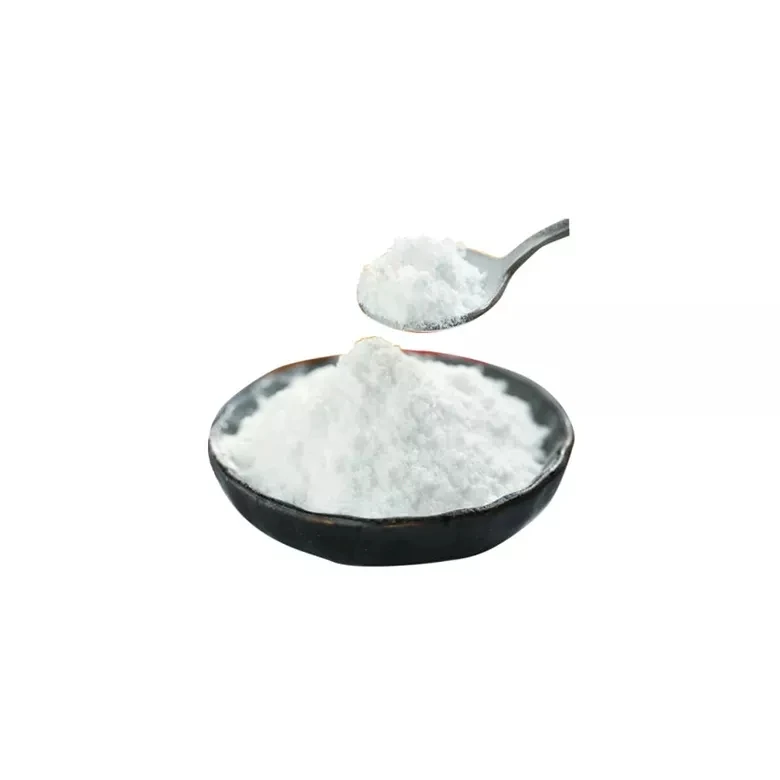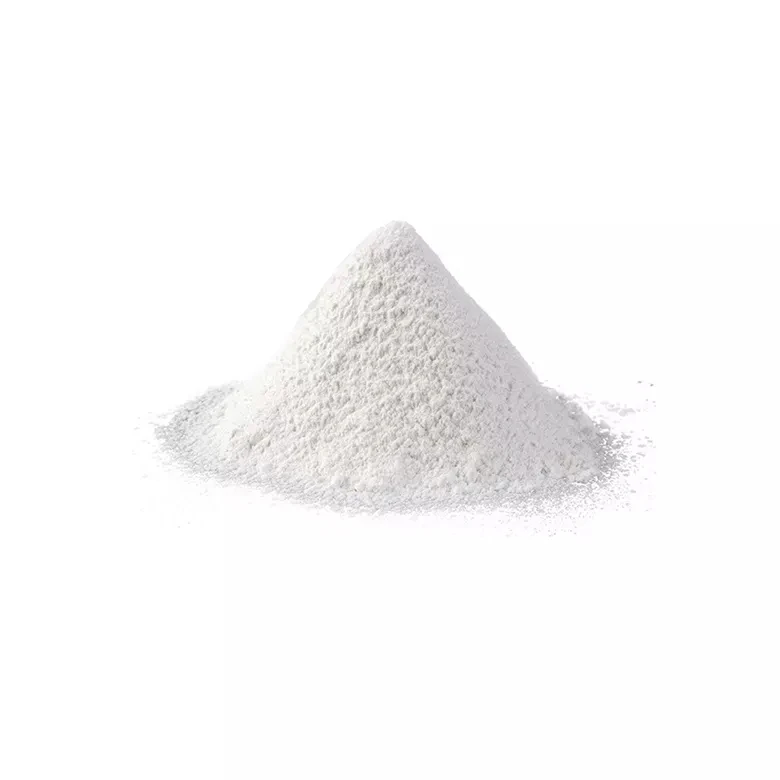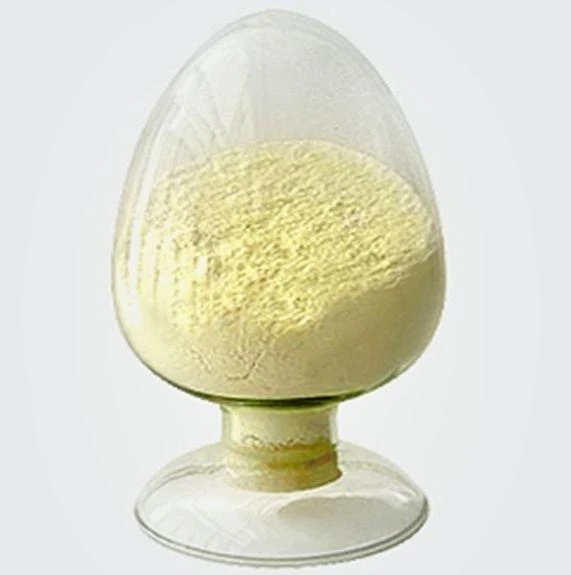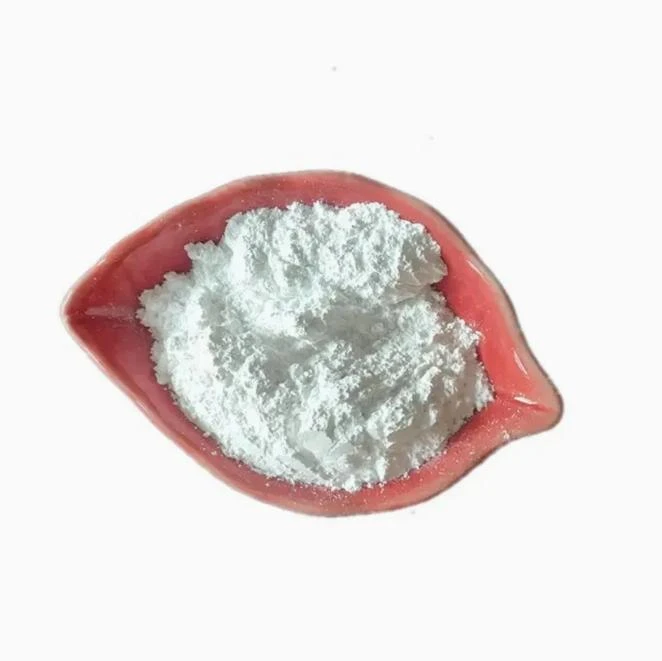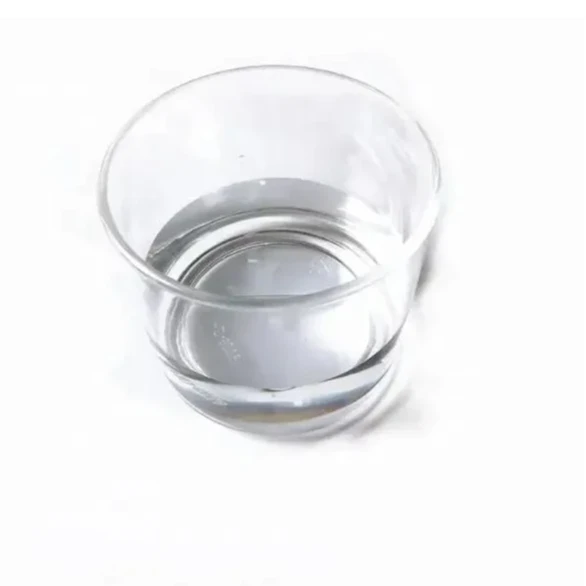Warning: Undefined array key "file" in /home/www/wwwroot/HTML/www.exportstart.com/wp-content/themes/1198/header.php on line 7
Warning: Undefined array key "title" in /home/www/wwwroot/HTML/www.exportstart.com/wp-content/themes/1198/header.php on line 7
Warning: Undefined array key "title" in /home/www/wwwroot/HTML/www.exportstart.com/wp-content/themes/1198/header.php on line 7
- Afrika
- Albania
- Amharic
- Arabic
- Armenian
- Azerbaijani
- Basque
- Belarusian
- Bengali
- Asụsụ Bosnia
- Bulgarian
- Catalan
- Cebuano
- China
- China (Taiwan)
- Corsican
- Asụsụ Croatia
- Czech
- Danish
- Dutch
- Bekee
- Esperanto
- Estonia
- Asụsụ Finnish
- French
- Onye Frisian
- Onye Galisi
- Asụsụ Georgian
- German
- Grik
- Gujarati
- Haitian Creole
- hausa
- Hawaian
- Hibru
- Mba
- Miao
- Asụsụ Hungarian
- Aislandi
- igbo
- Asụsụ Indonesian
- Irish
- Ịtali
- Japanese
- Asụsụ Javanị
- Kannada
- kazakh
- Khmer
- Onye Rwandan
- Korean
- Kurdish
- Kyrgyz
- TB
- Latịn
- Latvia
- Lithuania
- Luxembourgish
- Masedonia
- Malgashi
- Malay
- Malayalam
- Malta
- Maori
- Marathi
- Mongolian
- Myanmar
- Nepali
- Norwegian
- Norwegian
- Occitan
- Pashto
- Asụsụ Persia
- Polish
- Portuguese
- Punjabi
- Romanian
- Russian
- Samoan
- Scottish Gaelic
- Asụsụ Serbian
- Bekee
- Shona
- Sindhi
- Sinhala
- Slovak
- Slovenian
- Somali
- Spanish
- Asụsụ Sudan
- Swahili
- Swedish
- Tagalog
- Tajik
- Tamil
- Tatar
- Telugu
- Thai
- Turkish
- Turkmen
- onye Ukraine
- Urdu
- Uighur
- Uzbek
- Vietnamese
- Welsh
- Enyemaka
- Yiddish
- Yoruba
- Zulu
Memantine
Memantine hydrochloride is a raw material. It should be prescribed by experienced doctors in the diagnosis and treatment of Alzheimer's dementia and guided by patients. Treatment can only begin when there are caregivers around the patient who regularly supervise the patient's medication. Dementia should be diagnosed in accordance with current diagnostic criteria and guidelines.
Memantine is a medication used to treat moderate-to-severe Alzheimer's disease. It is less preferred than acetylcholinesterase inhibitors such as donepezil. Treatment should only be continued if beneficial effects are seen. It is taken by mouth.
Memantine was approved for medical use in the United States in 2003. It is available as a generic medication. In 2017, it was the 149th most commonly prescribed medication in the United States, with more than four million prescriptions

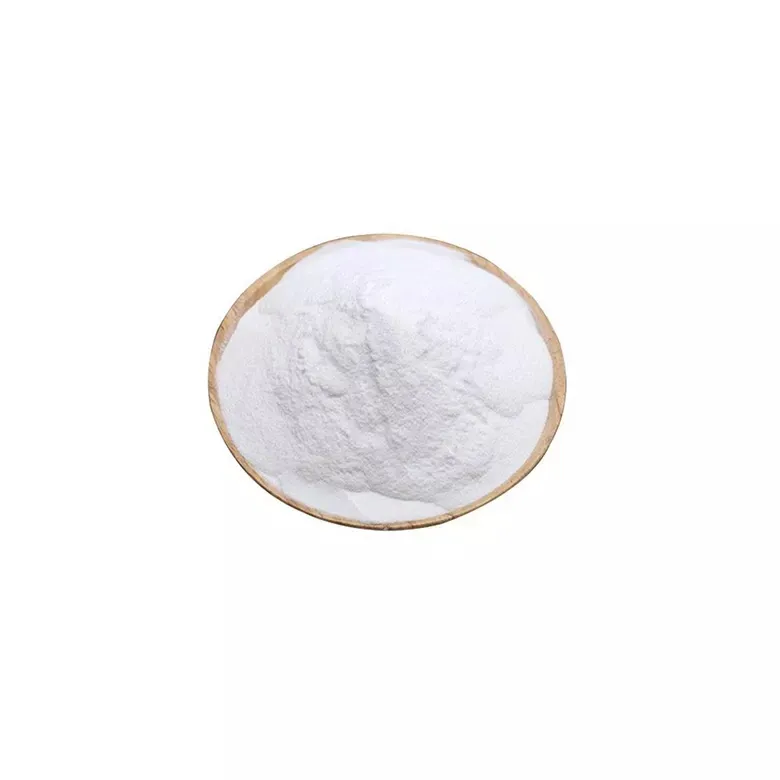

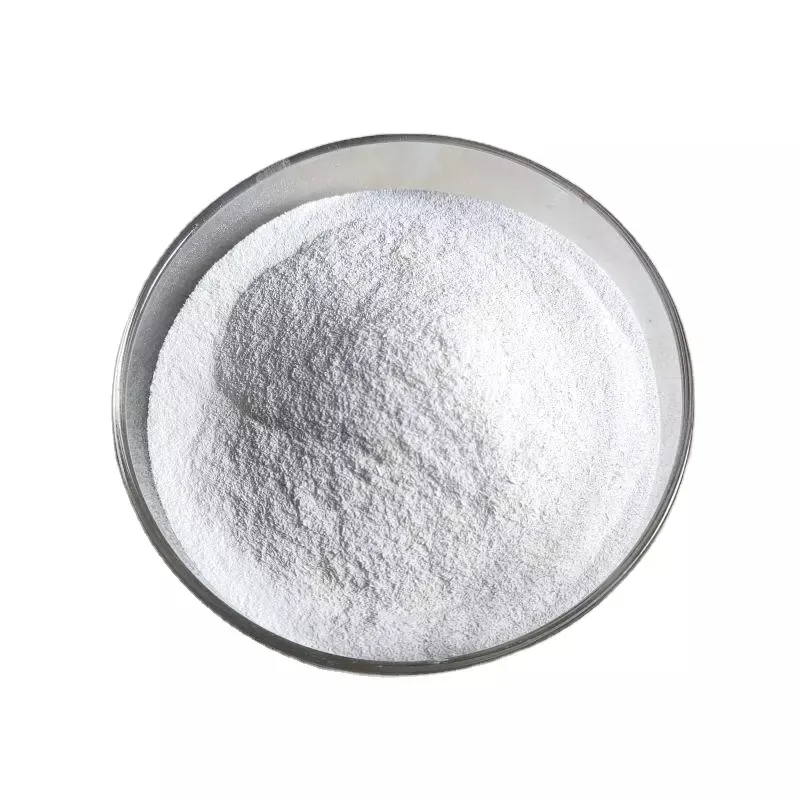
Memantine is clinically used for the treatment of moderate to severe senile dementia and parkinsonism syndrome. It is a new type of anti-senile dementia drug and can be used for the treatment of moderate to severe senile dementia.
Memantine is used to treat moderate-to-severe Alzheimer's disease, especially for people who are intolerant of or have a contraindication to AChE (acetylcholinesterase) inhibitors.One guideline recommends memantine or an AChE inhibitor be considered in people in the early-to-mid stage of dementia.
Memantine has been associated with a modest improvement; with small positive effects on cognition, mood, behavior, and the ability to perform daily activities in moderate-to-severe Alzheimer's disease. There does not appear to be any benefit in mild disease.
Memantine when added to donepezil in those with moderate-to-severe dementia resulted in "limited improvements" in a 2017 review. The UK National Institute of Clinical Excellence (NICE) issued guidance in 2018 recommending consideration of the combination of memantine with donepezil in those with moderate-to-severe dementia. Effects in autism are unclear. Recent scientific journal reports are showing guarded promise with severe obsessive compulsive disorder.
Anyị nwere ọtụtụ ụlọ ọrụ dị elu nke nwere nkwado miri emi, nke nwere ike inye gị ngwaahịa dị elu na ọnụ ahịa asọmpi. Anyị nwekwara ike inye ego maka nnukwu ịzụrụ ihe. Anyị na-akwado ọtụtụ ụlọ ọrụ na-ebuga ibu ndị ọkachamara, nwere ike ịnapụta ngwaahịa n'enweghị nsogbu na aka gị. Oge nnyefe bụ ihe dịka ụbọchị 3-20 mgbe nkwenye nke ịkwụ ụgwọ gasịrị.

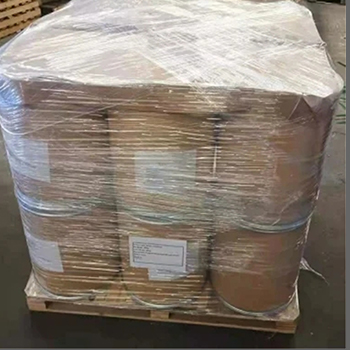
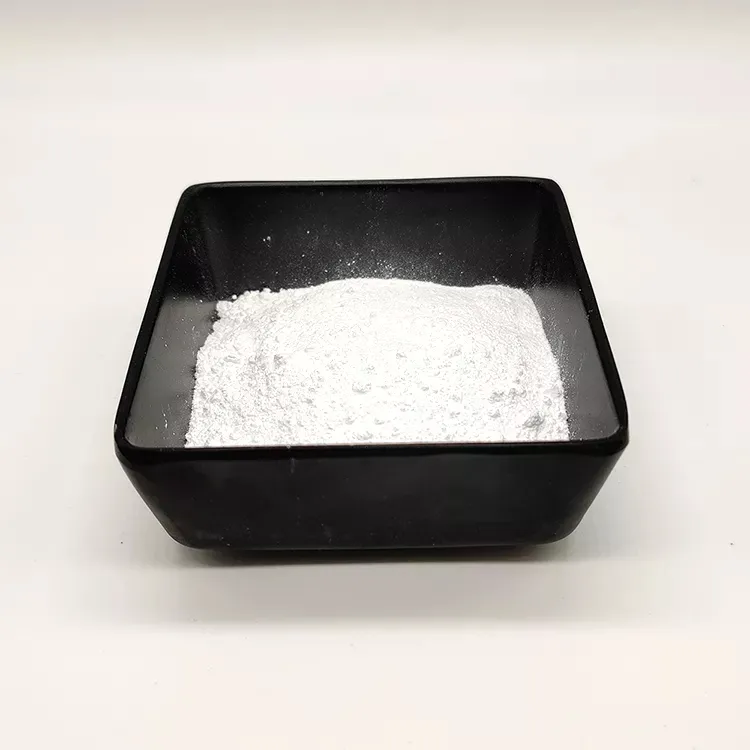

|
Ihe |
Requirements |
Test Results |
|
appearance |
White or almost white crystalline powder |
White crystalline powder |
|
njirimara |
IR |
Comply |
|
Related substance |
1-methyladamantane ≤0.3% 1,3,5 -trimethyladamantane ≤0.3% Unknow impuritiy ≤0.1% Total impurity ≤0.5% |
0.13% 0.14% <0.1% <0.4% |
|
Ihe fọdụrụ na mgbanye |
≤0.1% |
0.06% |
|
Heavy matal |
≤10ppm |
<10ppm |
|
Ọnwụ na ihicha |
≤0.5% |
0.29% |
|
Nyocha |
98.5-101.0% |
99.13% |
|
Residual Solvents |
Ethyl Acetat: ≤0.5% Ethanol: ≤0.5% |
0.08% 0.12% |
|
PH |
4.5-5.5 |
5.3 |
|
Microbial Limits |
Max 5*102 aerobes and fungl per 1g E. Coli: Negative Salmonella: Negative
|
Pass |
|
Size of distributed particles |
Pass 100μ m |
Dabara |
|
Mmechi |
Meet the requirements |
|
Memantine is a medication used to treat moderate-to-severe Alzheimer's disease. It is less preferred than acetylcholinesterase inhibitors such as donepezil. Treatment should only be continued if beneficial effects are seen. It is taken by mouth.
Memantine was approved for medical use in the United States in 2003. It is available as a generic medication. In 2017, it was the 149th most commonly prescribed medication in the United States, with more than four million prescriptions
Memantine HCl is the HCl form of Memantine. Memantine is a well- known neuroprotective drug used for the treatment of Alzheimer's disease. It is believed to be the first neuroprotective drug that has achieve clinical approval by US FDA as well as European.
The development of Alzheimer's disease involves the misfolded mutant proteins such as β-amyloid peptide (Aβ, particularly Aβ1−42). These misfolded mutant protein can increase the NMDA response and further cause severe excitotoxicity.
Memantine suppresses this process through acting as the antagonist of the N-methyl-d- aspartate-sensitive glutamate receptor (NMDARs).
Memantine is also under investigation as a potential treatment for other kind of neurodegenerative disorders such as HIV-associated dementia, neuropathic pain, glaucoma, depression, Huntington's disease, ALS and movement disorders, among other.

1. Ị bụ ụlọ ọrụ mmepụta ihe ma ọ bụ ụlọ ọrụ ịzụ ahịa?
Anyị bụ ụlọ ọrụ na-ejikọta ụlọ ọrụ na ịzụ ahịa, na-enye ọrụ nkwụsịtụ.OEM nwere ike ịnakwere.
2. Ị na-enye samples? Ọ bụ n'efu ka ọ bụ mgbakwunye?
Free samples. The sample si ibu ego kwesịrị ịkwụ ụgwọ gị n'akụkụ.
3. Ị nwere asambodo ọ bụla metụtara njikwa mma?
ISO 9001: 2008 asambodo iji hụ na ịdị mma.
4. Kedu ihe m ga-enye ka m nweta nhota okwu?
Pls na-agwa anyị ụdị ngwaahịa nke ị chọrọ, iji ọnụ ọgụgụ, adreesị na ihe ndị a chọrọ. A ga-edepụta nkwupụta maka ntinye aka gị n'oge.
5. Kedu ụdị usoro ịkwụ ụgwọ na-amasị gị? Kedu ụdị usoro anabatara?
Usoro nnyefe anabatara: FOB, CFR, CIF, EXW;
Ego ịkwụ ụgwọ anabatara: USD;
Ụdị ịkwụ ụgwọ anabatara: T/T, Western Union; Paypal, ahia ahia.
Asụsụ Asụsụ: Bekee.
Ụdị ngwaahịa
-
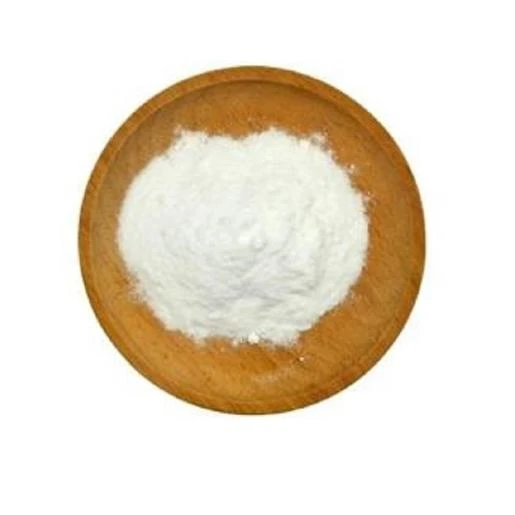 May . 13, 20252025 European Fine Chemicals Exhibition in GermanyThe much-anticipated Fine Chemicals Europe 2025 will be held in Germany from June 4 to 5, 2025. The event will bring together industry leaders, innovators and stakeholders in the fine chemicals sector, providing a unique platform for networking, collaboration and showcasing the latest advances in the field.
May . 13, 20252025 European Fine Chemicals Exhibition in GermanyThe much-anticipated Fine Chemicals Europe 2025 will be held in Germany from June 4 to 5, 2025. The event will bring together industry leaders, innovators and stakeholders in the fine chemicals sector, providing a unique platform for networking, collaboration and showcasing the latest advances in the field. -
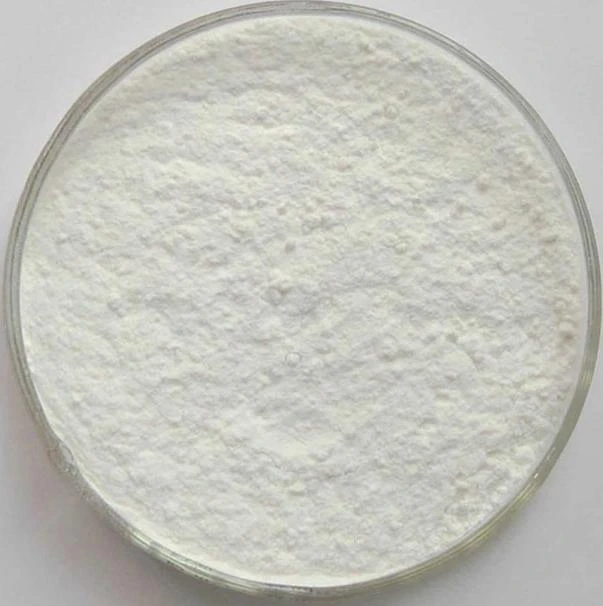 May . 07, 20252025 New York Cosmetics Ingredients ExhibitionThe much-anticipated 2025 Cosmetics Ingredients New York will be held at the Javits Center in New York from June 3 to 4, 2025. This event will bring together industry leaders, innovators and enthusiasts from all over the world to discuss the latest trends and advances in the field of cosmetic ingredients.
May . 07, 20252025 New York Cosmetics Ingredients ExhibitionThe much-anticipated 2025 Cosmetics Ingredients New York will be held at the Javits Center in New York from June 3 to 4, 2025. This event will bring together industry leaders, innovators and enthusiasts from all over the world to discuss the latest trends and advances in the field of cosmetic ingredients. -
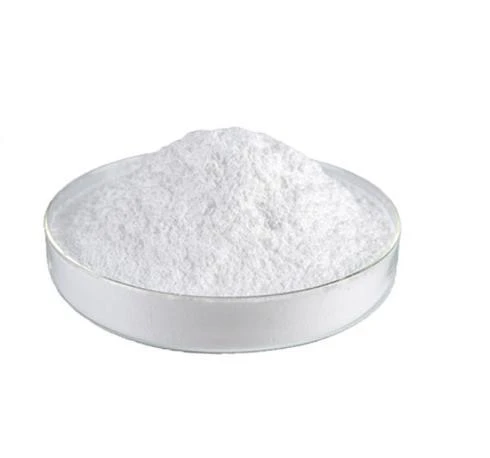 Apr . 27, 2025Zibo will host the 2025 International Chemical ExpoZibo, a city known for its thriving chemical industry, will host the 2025 Zibo International Chemical Expo from May 16 to May 18, 2025. This highly anticipated event aims to bring together industry leaders, innovators and stakeholders from around the world to explore the latest advancements and trends in the chemical industry.
Apr . 27, 2025Zibo will host the 2025 International Chemical ExpoZibo, a city known for its thriving chemical industry, will host the 2025 Zibo International Chemical Expo from May 16 to May 18, 2025. This highly anticipated event aims to bring together industry leaders, innovators and stakeholders from around the world to explore the latest advancements and trends in the chemical industry.



